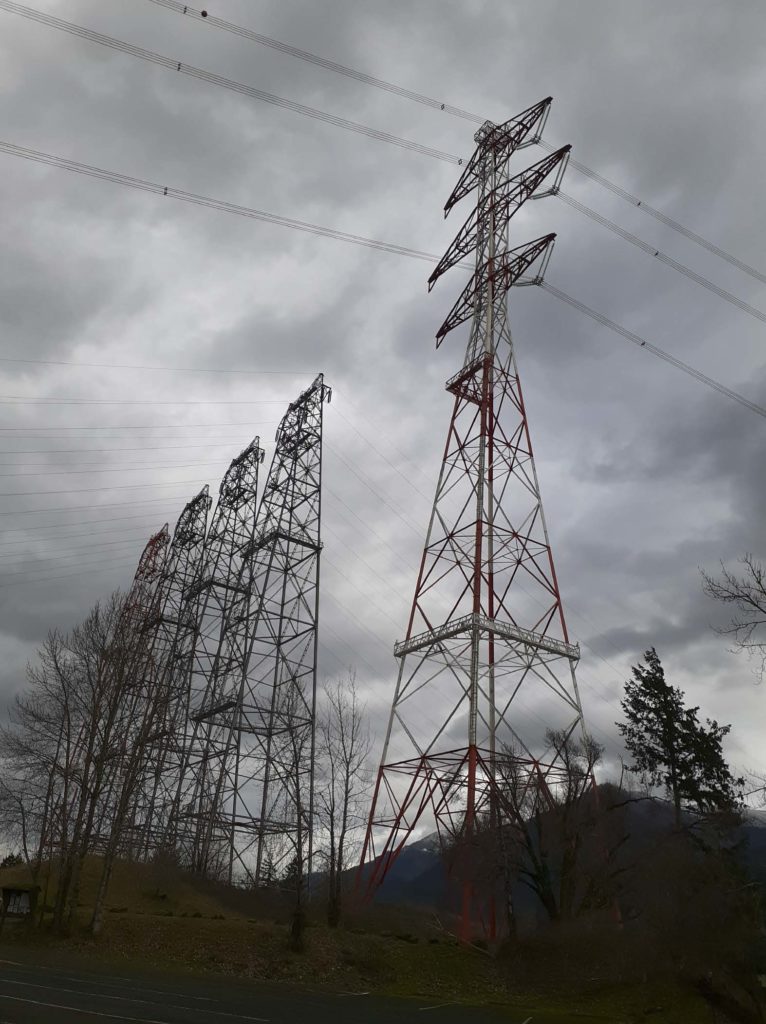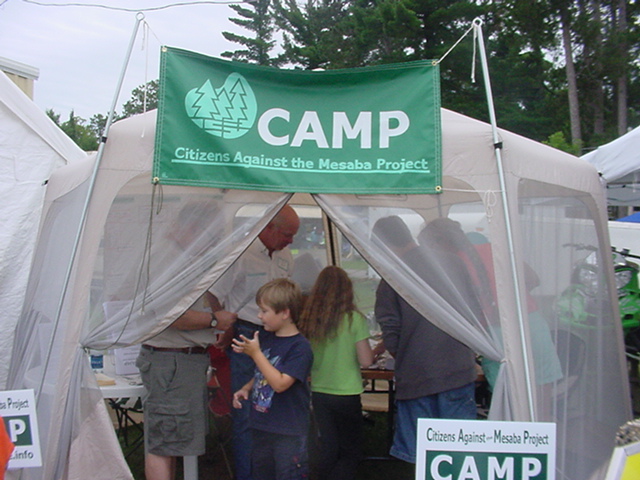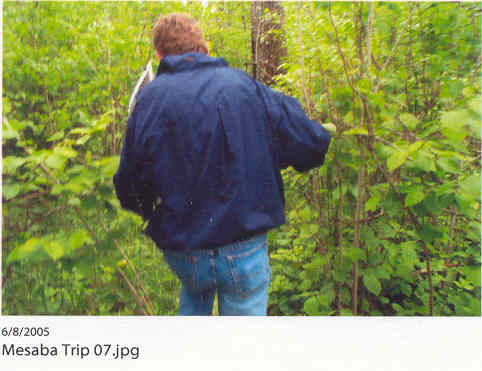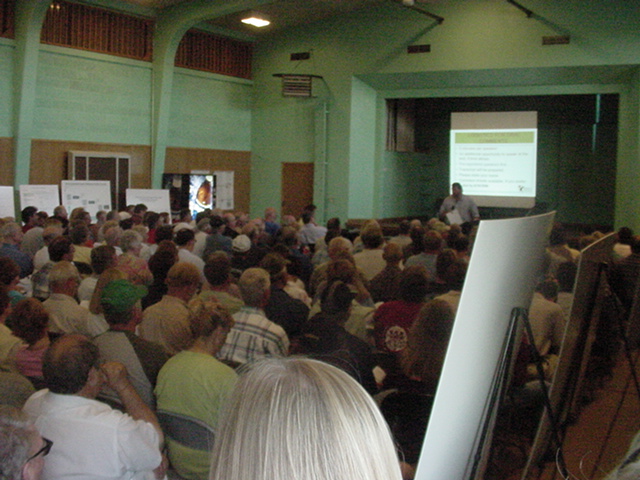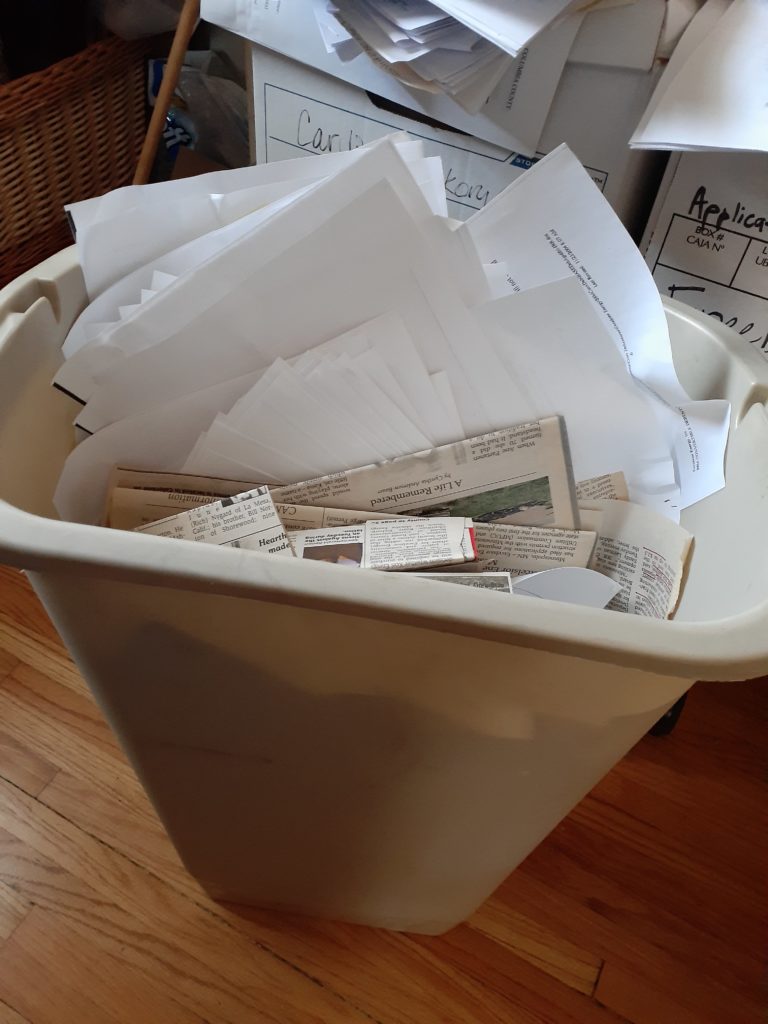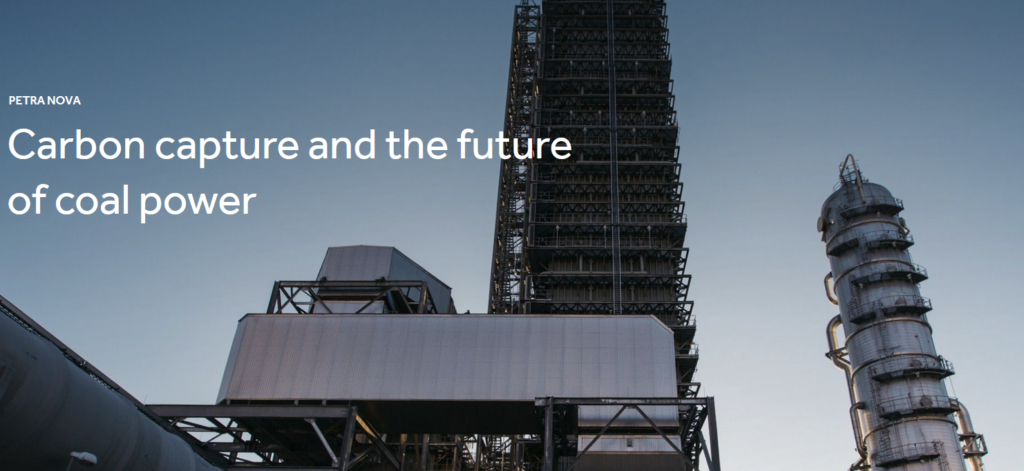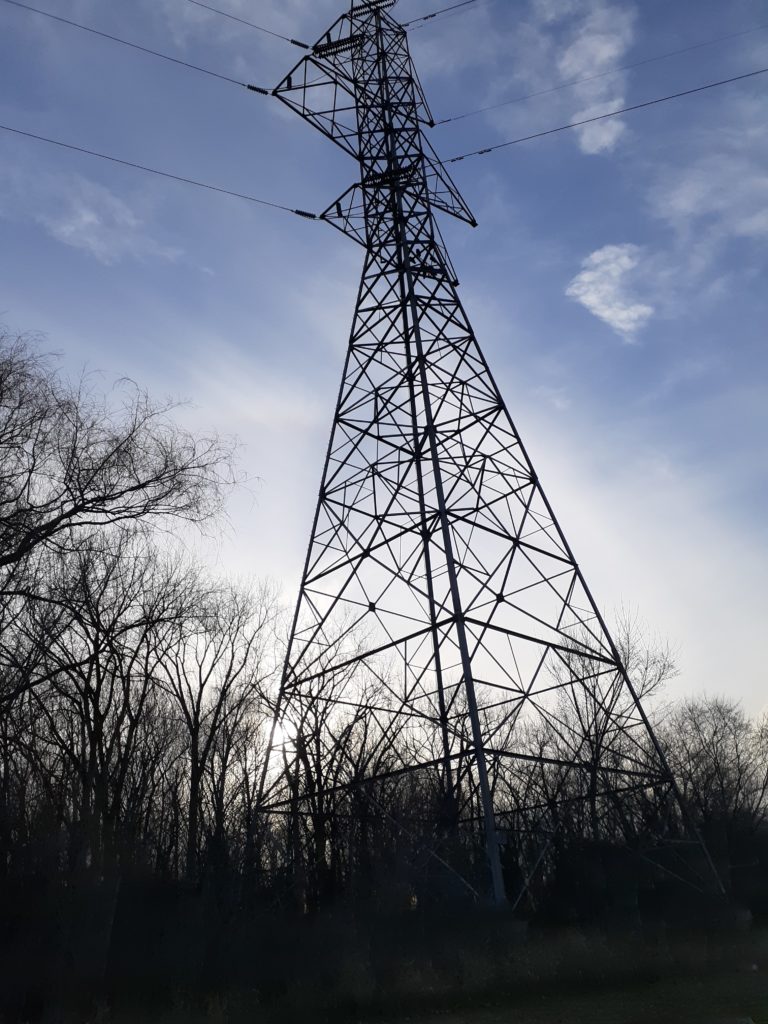Federal transmission permitting authority grab
September 9th, 2023
My head is going to explode… they’re trying again to expand geographic areas branded “National Interest Electric Transmission Corridors” and Designation of NIETCs with expanded criteria triggering the opening for the feds to grab that permitting authority. They call it a Transmission Facilitation Program. Their dreams of transmission are based on the DOE’s National Transmission Needs Study. Compare that with the most recent NERC Long-Term Reliability Assessment. The DOE is for some reason not relying much on the “NERC Report.”
And along with that, there’s THIS rulemaking, to establish procedure for federal review of transmission proposals. I was reminded of this rulemaking thanks to a DOE Grid Deployment Office email, so here’s a reminder for all of you!
There was a webinar a couple weeks ago, I did participate, got nominal comments in, but this needs serious work on detailed well-founded comments. From the DOE page:
DOE is now seeking public comment and feedback on the proposed CITAP Program via a Notice of Proposed Rulemaking. Comments must be received by11:59 p.m. ET on October 2, 2023.
Really, READ THIS and get to work:
NIETC transmission – here we go again
May 15th, 2023
Just in, and enlivened links are here:
- National Interest Electric Transmission Corridors (NIETC) Designation Process and how to provide feedback.
- Registration is required – register at this link.
- NIETC Designation Process Fact Sheet (May 2023)
- Arguably based on the National Transmission Needs Study (Needs Study)
- Notice of Intent (NOI) and Request for Information (RFI)
ARRRRGH, makes me sick…
It was 20 years ago today…
October 22nd, 2022
EXCELSIOR ENERGY’S MESABA PROJECT
PARTIAL DOCUMENT REPOSITORY
Well, a bit more than 20 years ago… January 15, 2002, just after the start of the legislative session, I was at an energy committee meeting, Senate? House? I think Senate was first, then heard again at House, and the following year they got their legislation through as a part of the 2003 Prairie Island bill.
- The Excelsior Energy link I’m using is compliments of waybackmachine. Note that now, if you plug in “excelsiorenergy.com” it becomes “excelsiorcapital.com (Excelsior Energy Capital).” essentially at a marina at 21960 Minnetonka Blvd.! Related?
Anyway, there was a presentation back in 2002 about the greatest thing since sliced bread (NOT!), a coal gasification project proposed for “somewhere” on the Range. Here’s what they presented:
Note the parts about “brownfield” and “existing infrastructure.” LIES, it’s that simple. Here’s what their site looked like, this was at the DOE and locals site visit in 2005:
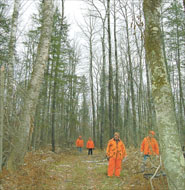
Starting in 2005, I was representing “mncoalgasplant,” landowners and residents near the proposed project, joined in tandem by Citizens Against the Mesaba Project (CAMP) (site circa 2013 with live links, thanks waybackmachine!). We had such active folks, every hearing was PACKED, and eventually the project faded, never formally declared dead, but piece by piece, it went away.
HOWEVER, Excelsior Energy did manage to get an save passed by the legislature for a natural gas plant:
Week before last, I picked up files from a cohort who shall remain unnamed, and am scanning in boxes of files, to post here, and recycle hard copies for biomass (UGH, but that’s what Red Wing does. Thanks, Xcel Energy!). I’ll be posting them, some interesting stuff if you’re into energy and political and capital intrigue, some purely inside baseball that no one will care about.
MONEY TRACKING – Spreadsheets and invoices to IRRB for reimbursement
Various Contractor Invoices (some redacted)
What a pain in the patoot that was — TWO ENTIRE WASTEBASKET OF SCANNING!
Another CCS scam bites the dust
October 10th, 2022
Here’s a real DOH! which could have been avoided, but DOE through several administrations keep throwing good money after bad for carbon capture and storage pipedream:
The ill-fated Petra Nova CCS project: NRG Energy throws in the towel
NRG’s Petra Nova project $$$:
Short version? FAIL! From the article:
Following this FAIL, the understatement of the century, from the article:
Yet CCS is a big part of the latest federal energy efforts. It’s also a huge boondoggle for not just outfits like NRC, but for certain “non-profits” like Great Plains Institute:
And check out these salaries:
Great Plains Institute helped push coal gasification, for extreme amounts of money…
Great Plains Institute – is Joyce getting their $$ worth?
January 18th, 2007
… but that pales in comparison for the dollars for this recent round of “carbon capture” promotional funding. Unreal…
Once more with feeling — carbon capture is not real, is not workable, is a waste of $$ and effort.
DOE wants our comments on transmission “facilitation”
May 22nd, 2022
On May 12, 2022, the DOE released a “Notice of Intent and Request for Information Regarding Establishment of a Transmission Facilitation Program.” Comments are due June 13. Here’s the Federal Register publication:
https://www.govinfo.gov/content/pkg/FR-2022-05-12/pdf/2022-10137.pdf
One aspect that particularly concerns me is focus on NIETC transmission corridors, designated more than a decade ago, 2005 to be precise, and also containing a category of claimed need for “transmission across more than one state or transmission region.” That criteria would apply to almost every transmission project I’ve worked on, although most were segmented (so that the full extent of the project would not be considered or evaluated, DOH!):
What to comment on? Go to the above Federal Register link, and specific issues for comment start on page 6, “Questions for Requests for Information.” However, if you know of issues that should be considered but are not specified, have at it, put it down in detail.
I do get a little paranoid when they request comments on subjects like this — that “barriers to transmission” is one often raised by Beth Soholt, WOW (now as “Clean Grid Alliance” even more directly identifiable as transmission toadies), and here it is:
Comments are due by June 13, and should be sent to the “Federal eRulemaking Portal” (the only option), and must include the “agency name and identifier.” The agency is “Grid Deployment Office, Department of Energy.”
A decade ago or more, our state agencies eliminated consideration and scrutiny of “need” for transmission by making transmission a “regional” and market matter, making state permitting review nothing more than a rubber stamp. There’s never been a transmission proposal that state agencies didn’t love, rubber stamping everything that came their way. Now that fossil is to be shut down, that should free up immense capacity, but you’ll note that that doesn’t ever seem to be in the mix. Even NERC notes that fossil generation isn’t projected to decrease much, and locally, a good example is GRE’s walk-back on their promise to close Coal Creek, and instead “sold” the plant and transmission, and signed PPA to buy the Coal Creek generated energy.
Here’s NERC’s 2021 Long Term Reliability Assessment’s projection of MW of resources, note that coal doesn’t seem to be going anywhere anytime soon:

If shuttering down fossil is not incorporated into the transmission capacity “need,” exactly what are they basing the “need” claim on? Inquiring minds want to know.
Anyway, do check out the request for comments and let them have it. There are a many specific issues presented that has something for everyone!
